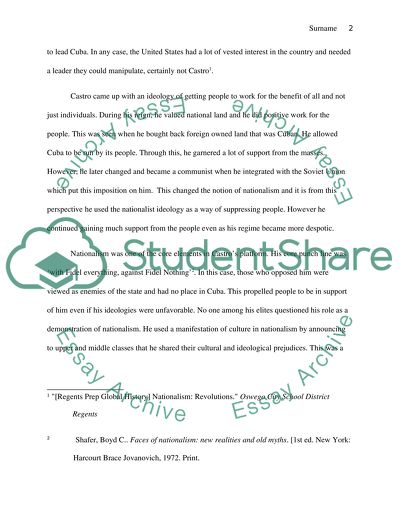Cite this document
(“The Role of Nationalism in Castros Regime in Cuba Essay”, n.d.)
The Role of Nationalism in Castros Regime in Cuba Essay. Retrieved from https://studentshare.org/history/1472140-the-role-of-nationalism-in-castros-regime-in-cuba
The Role of Nationalism in Castros Regime in Cuba Essay. Retrieved from https://studentshare.org/history/1472140-the-role-of-nationalism-in-castros-regime-in-cuba
(The Role of Nationalism in Castros Regime in Cuba Essay)
The Role of Nationalism in Castros Regime in Cuba Essay. https://studentshare.org/history/1472140-the-role-of-nationalism-in-castros-regime-in-cuba.
The Role of Nationalism in Castros Regime in Cuba Essay. https://studentshare.org/history/1472140-the-role-of-nationalism-in-castros-regime-in-cuba.
“The Role of Nationalism in Castros Regime in Cuba Essay”, n.d. https://studentshare.org/history/1472140-the-role-of-nationalism-in-castros-regime-in-cuba.


